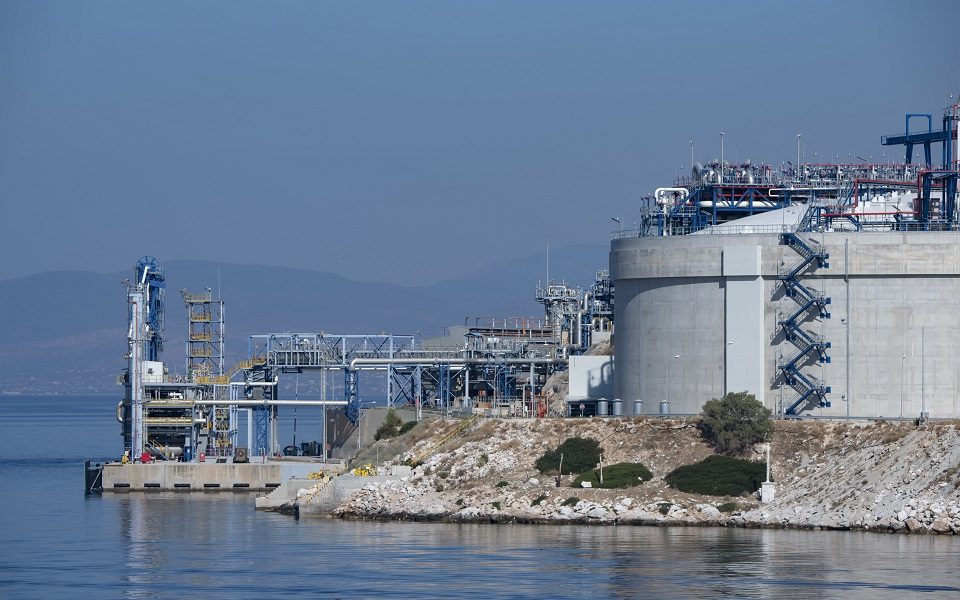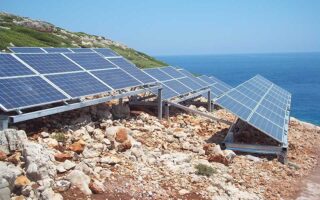Industry’s back to natural gas

The combination of the de-escalation of natural gas rates and the mild winter has reversed the conditions shaped by the energy crisis in relation to domestic gas consumption, exports and LNG cargoes at the port of Revithoussa, the role of Russian natural gas and the shares of industrial fuels.
The figures gas grid operator DESFA is expected to publish on Tuesday, concerning the first quarter of the year, show industries returning to natural gas, with its consumption increased by 650% compared to the corresponding quarter last year and after a decrease of around 70% on last year’s total, a result of the search for cheaper fuel.
Total consumption by industries reached 5.4 terawatt-hours in January-March, from 0.72 TWh in the first quarter of 2022. More than half (52.7%) of consumption (9.3 TWh) came from power producers, which however is decreased by 2.43 TWh compared to the first quarter of 2022.
The eagerly sought-after facilities at Revithoussa received 21 tankers in the first quarter of 2022, but this dropped to just nine in the corresponding period of 2023. Total cargoes for the quarter were roughly the same as a month’s worth of cargoes last year, when nearly two tankers called at Revithoussa every week last fall.
In contrast to last year’s congestion in the Gulf of Megara, caused mainly by high demand for exports to Bulgaria, the first quarter of 2023 saw many cancellations of scheduled cargoes. This development is connected both to the decline in demand in the domestic market, but also in the neighboring Balkan markets, and to the substitution of a significant part of the demand in the Bulgarian market by Azeri gas with the operation of the IGB pipeline.
As a result of that condition, natural gas exports fell by over 42% to 1.48 TWh from 2.58 TWh in the first quarter of 2022.
Total gas demand (domestic and exports) fell from 21 TWh in the first quarter of 2022 to 17.6 TWh in this year’s first quarter, below the levels of the corresponding quarter of 2021 (19.16 TWh).





